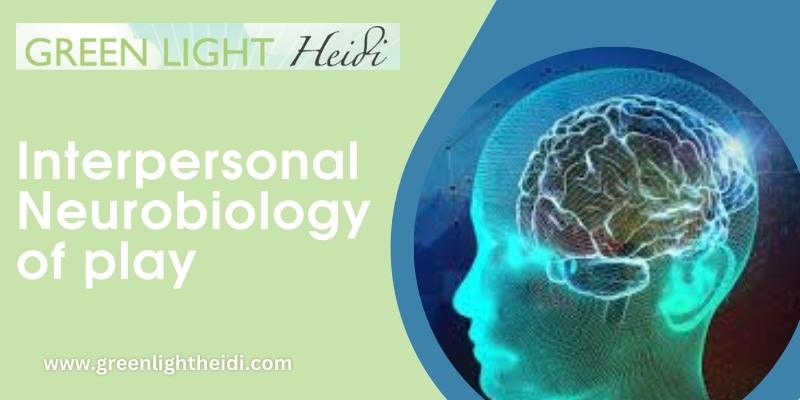Enlisting the Power of Interpersonal Neurobiology

Interpersonal neurobiology is a relatively new field of study that provides important insights into the workings of the human mind. This branch of psychology is concerned with how the brain and nervous system interact to produce our thoughts, emotions, and behavior.
INB is based on the idea that the brain is a social organ. This means that our interactions with others shape our thoughts and emotions. One of the key goals of interpersonal neurobiology is to understand how these social interactions affect our brain and nervous system.
One of the most important aspects of interpersonal neurobiology is the study of mirror neurons. Mirror neurons are a type of brain cell activated when we see someone else acting. For example, if we see someone else pick up a pencil, our mirror neurons will fire, and we will automatically pick up a pencil as well.
Mirror neurons are important for social interactions because they help us understand the actions and intentions of others. This understanding is essential for cooperation and communication.
Interpersonal neurobiology provides important insights into the way that our brains work. This knowledge can help us develop better ways to communicate and interact with others. It can also help us understand and treat disorders of the brain.
Why should one learn about Interpersonal Neurobiology?
The key to interpersonal neurobiology is to keep an open mind and explore the world around you. Sometimes, it can be difficult to do so, but it is essential if you want to understand yourself and others.
- It will help you understand other people’s mental states more accurately
- It will help you better understand yourself and your motivations
- It will help you identify both your strengths as well as weaknesses
Top 5 Benefits of Interpersonal Neurobiology
Interpersonal neurobiology is an important area of study for those interested in how the brain works and how it affects our everyday lives.
1. It can help us better understand ourselves.
INB can help us better understand how our brain works and how our thoughts, emotions, and behaviors are interconnected. By understanding how our brain functions, we can learn how to better control our thoughts and emotions and better manage our behavior.
2. It can help us better understand others.
INB can also help us better understand other people. We can better communicate with them, understand their behavior, and build stronger relationships by understanding how their brain works.
3. It can help us better manage stress.
INB can help us better manage stress. By understanding how our brain responds to stress, we can learn how to cope better. We can also learn how to manage our thoughts and emotions better during stress.
4. It can help us better deal with difficult life events.
INB can also help us better deal with difficult life events. Understanding how our brain responds to these events, we can learn how to cope with them better. We can also learn how to manage our thoughts and emotions during these times in a better way.
5. It can help us better understand mental illness.
INB can also help us better understand mental illness by which we can learn how to better identify and treat mental illness.
An interpersonal neurobiology of play: Heidi Crockett’s
Interpersonal neurobiology (INB) is a relatively new interdisciplinary field that studies the neural basis of social interaction. It draws on various disciplines, including neuroscience, psychology, psychiatry, and anthropology.
INB is concerned with understanding how the brain mediates social interaction and how social interaction shapes the brain. In other words, it explains how we interact with others and how social interactions shape our brain development and function.
Crockett is a psychotherapist focusing on brain fitness (strengthening the nervous system) and the neuroscience of awareness.
Crockett’s work has important implications for our understanding of mental illness and for the development of interventions to treat mental illness. Her work also impacts our understanding of fostering healthy social and emotional development in children.
On her website, one can explore the work on the interpersonal neurobiology of play and some of the implications of her work for our understanding of mental illness and the development of interventions to treat mental illness.
Conclusion
Interpersonal neurobiology is a fascinating field that studies social relationships from a biological perspective. This blog discussed the importance of interpersonal relationships in our professional and personal lives and how understanding interpersonal neurobiology will help us improve these relationships. Please check out our sources below if you’re interested in learning more about interpersonal neurobiology.
At Green Light Heidi, we emphasize the importance of interpersonal neurobiology in personal development. No matter your age, current situation, or background, this type of self-development will only bring you good results. It’s never too late to change, so start today! Visit our website https://greenlightheidi.com/. Also you can drop a mail at [email protected] to start your INB journey with us.

Comments